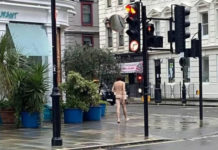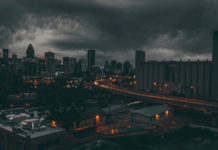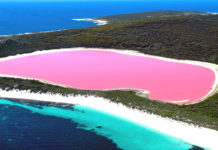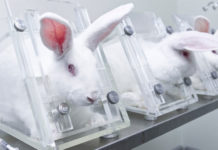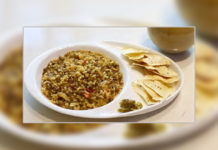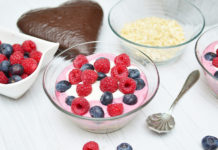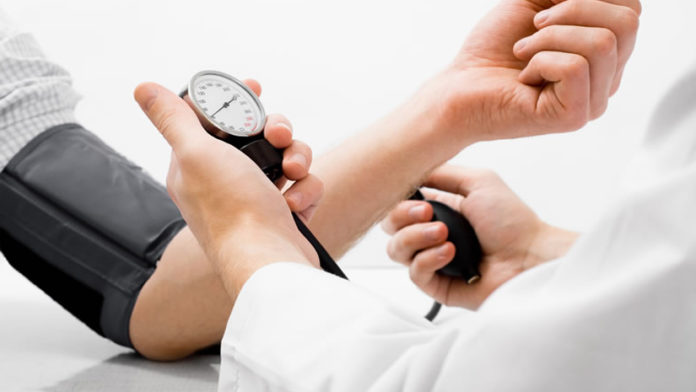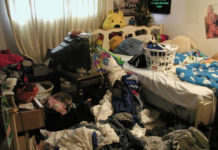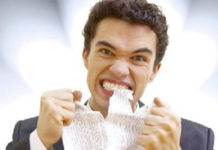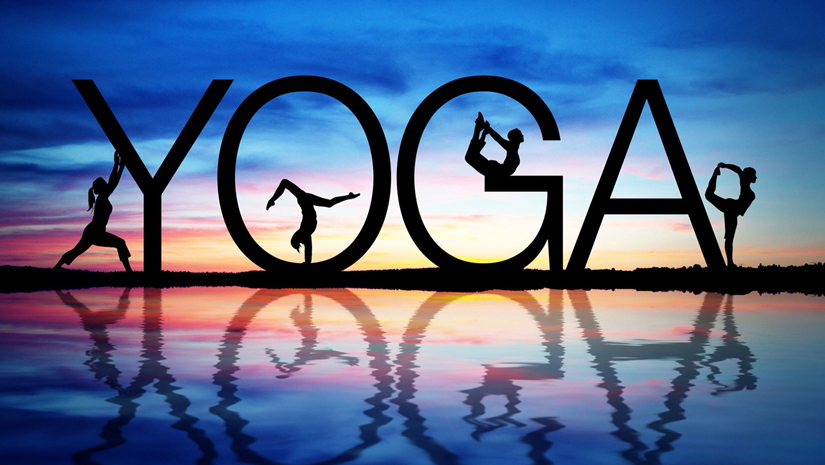Ever wondered what a hypotension is? You must have heard of hypertension and how it badly affects our system, but what about hypotension or Low B.P.?
 Honestly speaking, having low BP is not “always” a sign of trouble, but nonetheless you should be careful when your pressure drops below your normal range. 120/80 reading is considered normal on an average. But many people have BP, whose range is slightly towards the higher side and some, whose normal BP is slightly towards the lower side. A BP reading of 90 mm of mercury (Hg) or less systolic pressure (the top number) or 60 mm Hg or less diastolic pressure (the bottom number) is considered as having low blood pressure.
Honestly speaking, having low BP is not “always” a sign of trouble, but nonetheless you should be careful when your pressure drops below your normal range. 120/80 reading is considered normal on an average. But many people have BP, whose range is slightly towards the higher side and some, whose normal BP is slightly towards the lower side. A BP reading of 90 mm of mercury (Hg) or less systolic pressure (the top number) or 60 mm Hg or less diastolic pressure (the bottom number) is considered as having low blood pressure.
 The first symptom of people having low BP is dizziness. When one feels dizzy, consulting a doctor should be of utmost importance as it is essential to uncover the reason for low BP, because in severe cases, hypotension can be life-threatening.
The first symptom of people having low BP is dizziness. When one feels dizzy, consulting a doctor should be of utmost importance as it is essential to uncover the reason for low BP, because in severe cases, hypotension can be life-threatening.
 So, how to know when your pressure drops?
So, how to know when your pressure drops?
When you feel your BP drop suddenly or is accompanied by symptoms such as:
Blurred vision
Cold & clammy skin
Depression/ anxiety
Dizziness or light-headedness
Fainting & Fatigue
Lack of concentration
Nausea
Rapid & shallow breathing
Thirst
But do remember, that most of the times, you do feel dizziness due to prolonged dehydration or sudden temperature drop or when you get up quite suddenly and quickly. However, do keep a track of the signs and symptoms of hypotension you suffer with- how, when and what were you doing at that moment- as it will help you keep a track of when your pressure drops and which ones are serious.
 People who regularly exercise, tend to have a BP that is towards the lower side and also have a slower heart-beat. Similarly, non-smokers and people who maintain a steady and healthy diet have lower BP and are fit.
People who regularly exercise, tend to have a BP that is towards the lower side and also have a slower heart-beat. Similarly, non-smokers and people who maintain a steady and healthy diet have lower BP and are fit.
By adapting to simple changes in life, you can maintain your BP from falling to dangerous low levels.
You can:
Avoid prolonged exposure to hot water.
Drink lots of fluids, especially when feeling low with cold or flu or have headaches.
Eat a diet that is slightly higher in salt.
Limit alcoholic beverages.
Regular exercise.
Rise carefully while lying down or sitting and while sitting, continuously move your feet for the continuous blood flow. When getting out of the bed, sit upright on the bed for a couple of minutes before standing.
Try eating smaller but more frequent meals.
What causes low BP? There are some common conditions or rather phases that are the main causes for constant low BP. Some people have a lower BP, only during some phases of their routine. So it is important to take a note as to how and when the BP drops. Here are some listed conditions, which might help you pin-point the reason for the low BP.
Conditions that can cause low blood pressure
Pregnancy:
 Circulatory system expands rapidly during pregnancy, which causes the BP to drop. This is normal and your blood pressure returns to normal levels after you’ve given birth.
Circulatory system expands rapidly during pregnancy, which causes the BP to drop. This is normal and your blood pressure returns to normal levels after you’ve given birth.
Cardio-Vascular Problems:
 Some heart conditions leads to lower blood pressure levels and lower heart rates, heart valve problems, and in severe cases also causes heart attack and heart failure.
Some heart conditions leads to lower blood pressure levels and lower heart rates, heart valve problems, and in severe cases also causes heart attack and heart failure.
Endocrine problems:
 Thyroid conditions, adrenal insufficiency (Addison’s disease), lower blood sugar and also diabetes can triggers hypotension.
Thyroid conditions, adrenal insufficiency (Addison’s disease), lower blood sugar and also diabetes can triggers hypotension.
Dehydration:
 Body loses more water when one is dehydrated, causing weakness, dizziness and fatigue. In serious conditions like the hypovolemic shock which is a severe case of dehydration, it causes death within a few hours.
Body loses more water when one is dehydrated, causing weakness, dizziness and fatigue. In serious conditions like the hypovolemic shock which is a severe case of dehydration, it causes death within a few hours.
Lack of nutrients:
 Deficiency of vitamins B-12 and Folic Acid cause anaemia, which directly affects the BP.
Deficiency of vitamins B-12 and Folic Acid cause anaemia, which directly affects the BP.
Home remedies for battling Low BP:
Basil:
 Chewing on basil leaves on an empty stomach is quite beneficial and healthy. You can also extract the juice of basil, mix it with honey and consume.
Chewing on basil leaves on an empty stomach is quite beneficial and healthy. You can also extract the juice of basil, mix it with honey and consume.
Beetroot Juice:
 Beetroot juice is quite helpful for both hyper and hypo-tensions. Consuming raw beetroot or even beetroot juice for about 2 weeks will be helpful against low BP.
Beetroot juice is quite helpful for both hyper and hypo-tensions. Consuming raw beetroot or even beetroot juice for about 2 weeks will be helpful against low BP.
Caffeine:
 When having sudden dizziness due to low BP, a mug of strong hot coffee/ hot chocolate, or any other caffeinated beverage temporarily increases the blood pressure.
When having sudden dizziness due to low BP, a mug of strong hot coffee/ hot chocolate, or any other caffeinated beverage temporarily increases the blood pressure.
Carrot Juice:
 Raw carrots or carrot juices are quite helpful and with honey, they help treat low BP effectively.
Raw carrots or carrot juices are quite helpful and with honey, they help treat low BP effectively.
Raisins and Almonds:
 Soak few raisins and almonds overnight and consume them in empty stomach in the morning and drink the water that was used to soak raisins and almonds.
Soak few raisins and almonds overnight and consume them in empty stomach in the morning and drink the water that was used to soak raisins and almonds.
Salt Water:
 This is one of the most effective home remedies for low BP, but only when used in moderation. Mix ½ tsp. of salt in a glass of water and drink. Over intake of salt is dangerous and unhealthy.
This is one of the most effective home remedies for low BP, but only when used in moderation. Mix ½ tsp. of salt in a glass of water and drink. Over intake of salt is dangerous and unhealthy.
Always remember, regular exercise is the key to fight many health related problems.
By: Archa Dave







